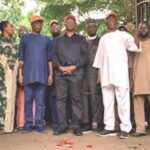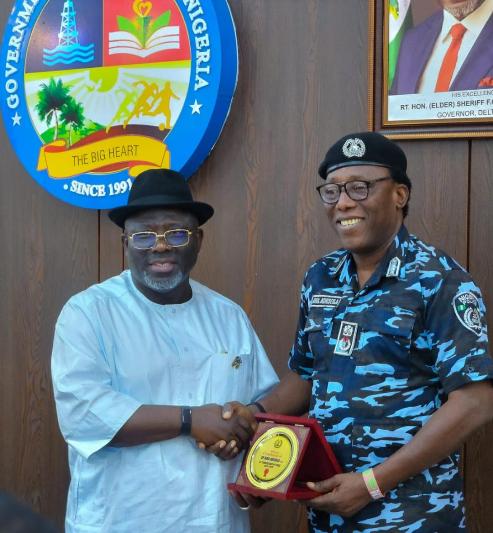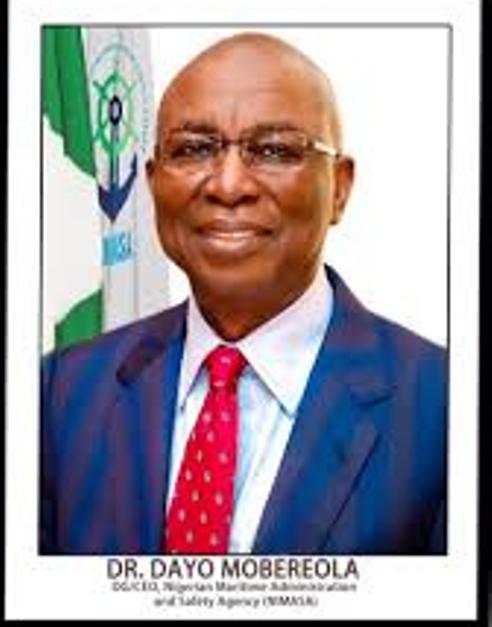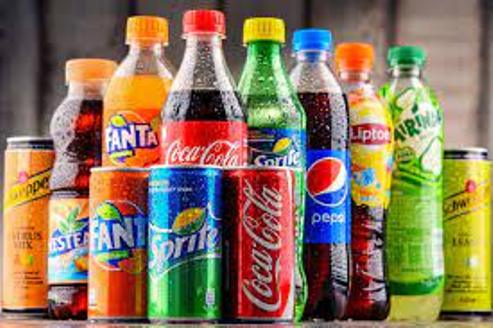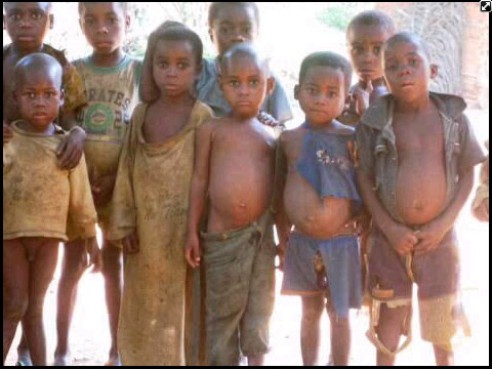
By Young Erhiurhoro
LAGOS JUNE 1ST (NEWSRANGRS)-I am presenting this article as my second article for the Children’s Day celebration in Nigeria which usually comes up every May 27th. As facts and figures have it for now, Nigeria is the largest country in Africa by land mass and human population. By this same measurement, Nigeria has the highest population of children in the entire African continent. For the moment, Nigeria has a population of over 180 million people. However, out of this figure, over 50 percent of the population is made up of children between the ages of 0 to 15. Unfortunately, over 65 percent of these children are children of the less-privileged or below average people in Nigeria.
According to studies in Sociology and Social Anthropology, these social groups of people are people that live on less than a dollar a day. They are the pauperized or the extremely poor people in the society. These are the groups of people that rich politicians and government officials empower with motorcycles popularly known as Okada, sewing machines, cutlasses, spades, herbicides and little financial cash ranges from ten thousand naira to twenty thousand naira in our various rural and agrarian communities and the poor people would be clapping, dancing and singing their praises everywhere as if mana has fallen from heaven. Unknowingly to them, they are being fed with crumbs from the government or rich man’s dinning table.
As usual, every May 27th in Nigeria, is set aside and declared public holiday by the federal government to celebrate Children’s Day. But in the true sense of it, what is the Nigerian government celebrating among the children especially the less-privileged ones? In Nigeria, the poor have no access to possess power into government. The Nigerian government is established and created for only the rich because they have both the will power and monetary powers that can take them into government at any time the political bell is wrung. From this line of rational thinking, the impacts of the Children’s Day celebration in Nigeria is only felt by the children of the rich and the high-privileged. They are celebrating their children that are attending high class educational institutions either here in Nigeria or overseas. They are celebrating their children whom they would bequeath power to when they finally exit this planet. They are celebrating their children whom they have taught how to play politics in the Nigeria way.
Like the question I asked in the above paragraph, which children is the Nigerian government really celebrating every May 27th? Are they the children that are dropped out of schools? Are they the children that are street hawkers? Are they the beggarly children in our motor parks? Are they the orphans that are uncared for? Are they the destitutes that are being massacred on daily basis? Are they the house-helps that are being mal-treated? Are they the bastards that roam about without hope? Are they the Christian children that are being kidnapped and molested by Boko Haram insurgents? Or are they the children of poor farmers that are being slaughtered by Fulani herdsmen everyday? In fact, the groups of the less-privileged children in Nigeria are endless. To be frank, I will love it if at this time, when different political activities leading to the 2019 general elections in the country are in high tempo, the governors of the thirty-six states and our president can, as their sole responsibility in government to seek for the welfare and protection of the citizens; just take a little time off their tight schedule to visit even their own ancestral home towns and some of our commercial cities and see the multitudes of children that are suffering beyond measures. Without doubt, there is a big margin or difference between the children of the poor and those of the rich in terms of health care provisions, feeding, clothing, accommodation, education and other social security opportunities. What some of these poor children suffer, the pets and security dogs of these politicians cannot suffer them, let alone their over-pampered children: Children that are born with silver spoons, children that are born into comfort zones, children that are born with golden singlets around their necks.
To reminiscent my experience as a little child in the primary school in those days(70s & 80s), during Children’s Day celebration, one of our teachers would lead us to the general or public field of Ughelli local government area then, where we would meet children of other schools. First, we would do the march past and then partook in other lively activities. At the end of the celebration, we would be served food and drinks. In short, it was really a lovely moment for us, the poor children. Then, we would pray to celebrate Children’s Day almost every school day because it was enjoyable and lively to us, the poor children. The financial cost for these celebrations then were in the hands of local government as the third tier and also the closest arm of government to the people. Even during those eras of military rule in the country, Children’s Day celebrations were lovely and enjoyable to every Nigerian child especially poor children. In these periods too, there were well planned and co-ordinated free education scheme in the basic and secondary education in Nigeria. This was done by the government to put smiles on the less-privileged and below average parents and more importantly, to remove every child from the street as they have the right to education in the country.
In other words, if the military with their Maruda style of leadership could do this to Nigerian children in their time as heads of states, then one expects much from the present civilian or democratic government because of some important reasons we cannot sweep under the carpet. Firstly, the less-privileged are bona-fide citizens of this country. In a democratic government where the constitution is respected, all our elected leaders in government must be accountable to the people. Secondly, these political leaders are voted into power. They don’t just usurp power as in the military. There is an electoral process that brought them to power, which is the mandate of the voters. They are therefore responsible for the protection and welfare of these people. Without missing words, the less-privileged are even the true voters in this country during every election. They also bear the broth whenever there is chaos or crisis at the end of the day. Politicians and government officials in most cases, don’t even allow their children of eighteen years and above to cast their votes during elections for the fear of being killed or kidnapped by the children of the less-privileged as they assumed.
Looking at the Children’s Day celebrations in this country since 1999 when this new democratic process began in Nigeria with the eagle’s eye, one can observe that there are no practical and eventful celebrations again like the days of old when this national celebration began in the country. Though in this case, I may not generalized my observations or views as such since some states have well researched policies for children’s development and also put in place impressive and practical networks for policy implementation. But here in Delta state, policies are normally and usually politicized whether for children or adults. I conclude this discourse by appealing to the Buhari government to create future for the children of the less-privileged people in Nigeria. Believe it or not, the rich in Nigeria should know henceforth that the future leadership of this great nation belongs to the children of the less-privileged. I strongly believe that there is a divine hope for the children of the less-privileged people in this our fatherland, Nigeria!
Young Erhiurhoro; Kjc,
A reporter and a member of the Urhobo Historical Society.
Is There Hope For Less Privilaged Children In Nigeria?




